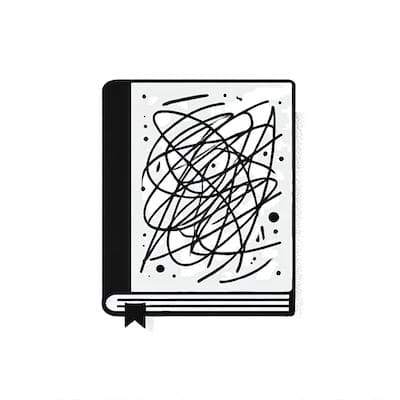Does Your Book Need a Subtitle?
A few thoughts on some of the most important words you'll write.

Over the years, authors have asked me this question dozens times. For a non-fiction book, the answer is almost always yes. I don't purport to know much about fiction, but subtitles in this genre tend to be the exception, not the rule.
Now, on to why non-fiction authors should almost always embrace subtitles.
This content is for subscribers only
Already have an account? Sign in.
